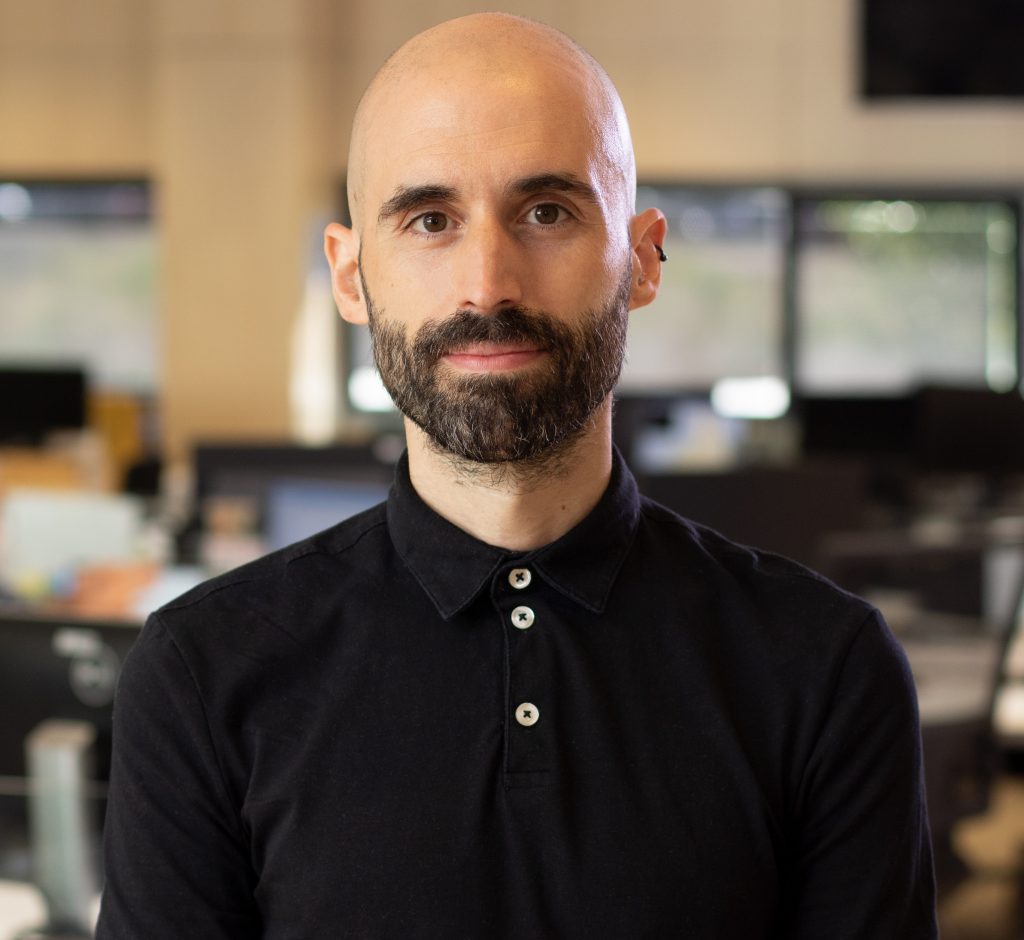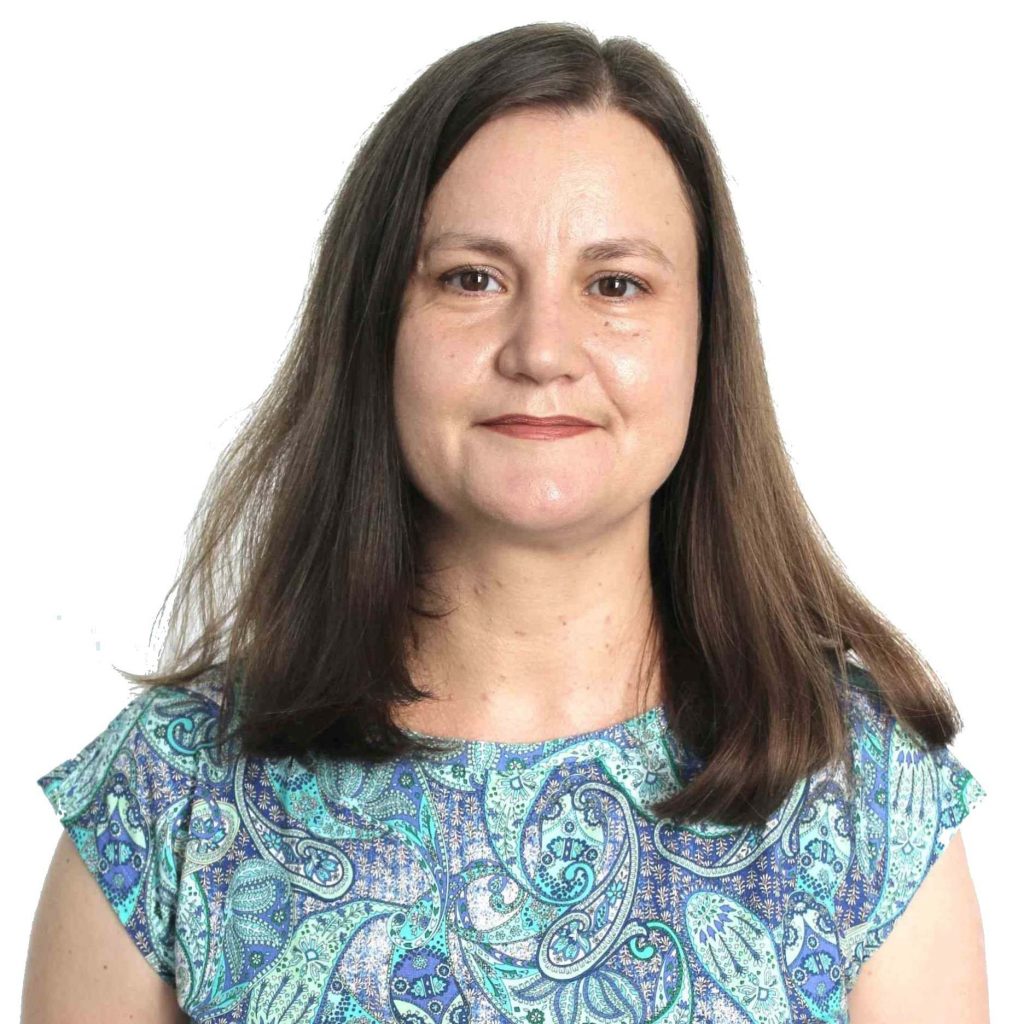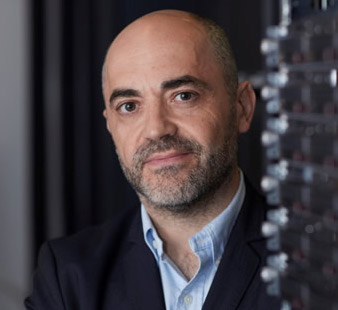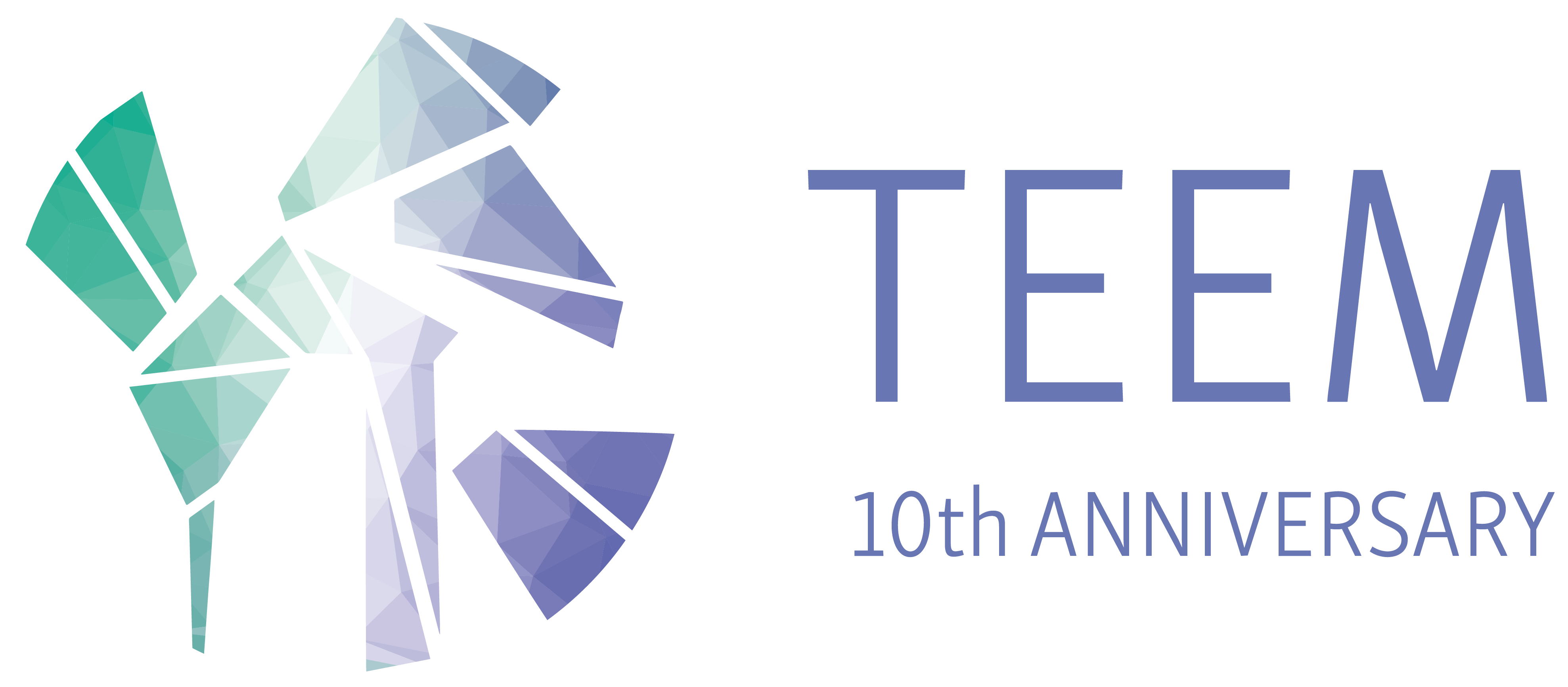“Alignment of language agents in video games”
Gema Parreño Piqueras, Iterative

Developer Advocate at Iterative
“3 years escaping from a room, learned lessons”
Oriol Borrás Gené, Universidad Rey Juan Carlos

He is an Assistant Professor at the Universidad Rey Juan Carlos and Coordinator of Educational Technologies in the Universidad Rey Juan Carlos CIED center. He teaches in the Computer Science Faculty and Social legal Faculty. He obtained his Ph.D. in Telecommunications from the Universidad Politécnica de Madrid in July 2017. He has worked for 12 years as a technician and consulting in the prestigious Tele-Education Office at the same university. His research lines deal with MOOC, gamification, and the application of social networks to the Education field. He has coordinated three MOOCs on prestigious platforms such as MiriadaX. Within the field of gamification, he has worked designing gamification initiatives in Institutional e-learning environments through Moodle, with various training courses and presentations at Conferences. Oriol Borras coordinated and designed two editions of MOOC « Digital badges as an alternative credentials » of the INTEF (Spanish Ministry of Education). He has obtained twice the first Prize MiriadaX (2014 and 2019) for the application of Gamification and Social Learning in the MOOC field.
“Preschoolers’ interaction with a social robot and enrichment of vocabulary in mother language. Preliminary results of a quasi-experimental study”
Nicoleta Laura Popa, Alexandru Ioan Cuza University of Iasi

The study addresses the need to explore the effect of the child-robot on the enrichment of vocabulary in mother tongue, based on a quasi-experimental methodology. Two groups of Romanian preschoolers (N= 40) interacted with the social robot NAO either individually or frontally, based on a script developed by the researchers. As Romanian language is not covered by the robot’s software, NAO has been especially programmed for this purpose. The sequence of interaction included self-presentation of both the robot and the child, a series of dance movements and a color recognition task to be solved and verbalized; the child was prompted with reinforcing positive messages communicated by the robot. Preschoolers have been interviewed individually pre and post-interaction, and asked to create a ‘short story about a robot’. The qualitative data have been preliminary analyzed with QDA Miner Lite, based on the number of logical sentences, the number of words in the lexical field of technology (including the word ‘robot’), and human relationships (e.g., names, friends, friendships etc). The findings suggest promising, positive, but inconclusive effects in terms of richness of vocabulary among preschoolers after the interaction with the social robot.
Dr. Nicoleta Laura Popa is professor of educational sciences and vice-dean for scientific research and international relations of the Faculty of Psychology and Education Sciences, Alexandru Ioan Cuza University of Iasi in Romania. Her research interests and expertise cover intercultural education, mobility and migration, educational assessment and evaluation, gifted education. She has held teaching and research fellowships in several European universities, with activities connected to the theme of education and transnational migration. She coordinates the Research Center in Educational Sciences and is a member of the Research Laboratory for Studies on Intercultural Relations, Migration and Education. In the last couple of years, she worked on a research project on the use of social robots in early childhood education as a member of an interdisciplinary team.
“Academia-Industry collaboration: a view from IT”
Ricardo Colomo Palacios, Østfold University College

Full Professor at the Computer Science Department of the Østfold University College, Norway. Formerly he worked at Universidad Carlos III de Madrid, Spain. His research interests include applied research in information systems, software project management, people in software projects, business software, software and services process improvement and management information systems. He received his PhD in Computer Science from the Universidad Politécnica of Madrid (2005). He also holds a MBA from the Instituto de Empresa (2002). He has been working as Software Engineer, Project Manager and Software Engineering Consultant in several companies including Spanish IT leader INDRA. He is also an Editorial Board Member and Associate Editor for several international journals (IEEE Software, Computer Standards and Interfaces, IET software…).
